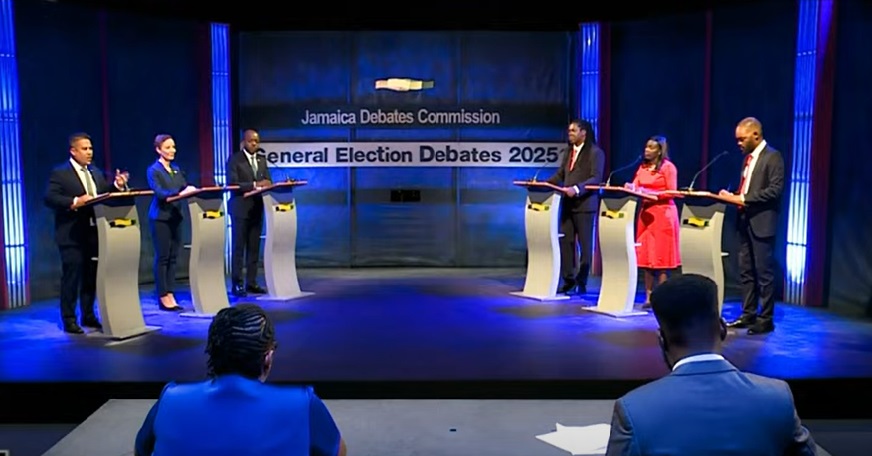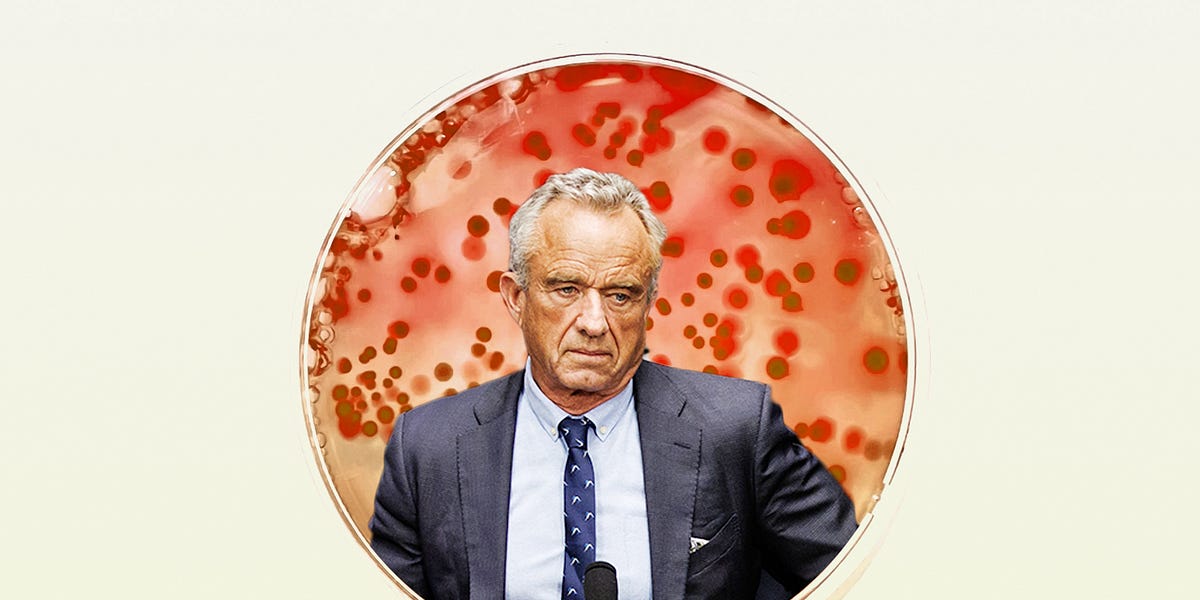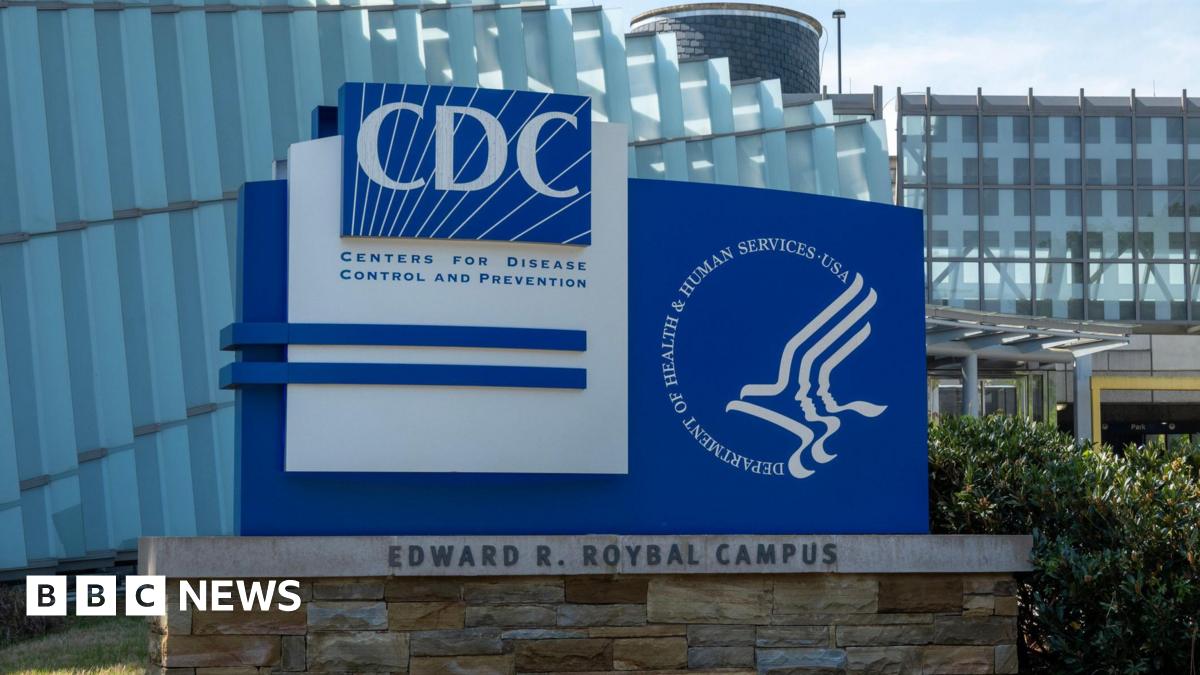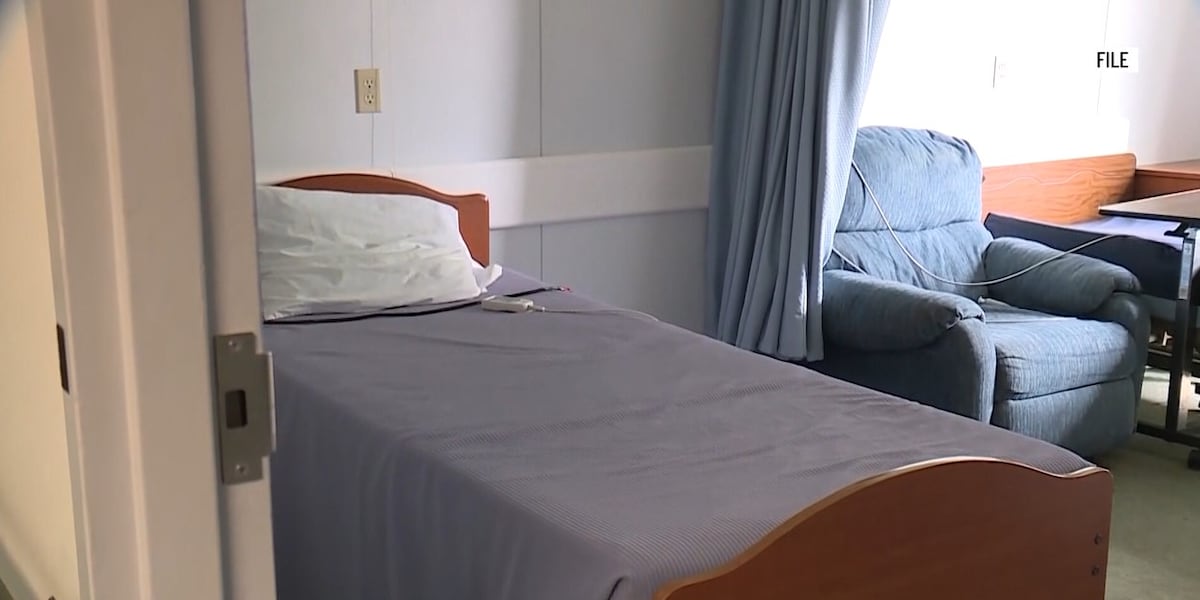Jamaica Elections: JLP and PNP Spar Over Healthcare Crisis in Heated Debate

The battle for Jamaica's healthcare system took center stage at Saturday night's highly anticipated social issues debate, with the governing Jamaica Labour Party (JLP) and the opposition People's National Party (PNP) engaging in a fierce exchange over the current state of the sector. The debate, broadcasted nationwide, saw both parties presenting contrasting visions for the future of healthcare in Jamaica, highlighting their differing approaches to addressing critical challenges and offering solutions to improve access and quality of care for all citizens.
The JLP, led by Prime Minister Andrew Holness, defended their administration's efforts, emphasizing investments made in infrastructure, equipment, and personnel. They pointed to initiatives aimed at reducing waiting times, improving patient care protocols, and strengthening the country's response to public health emergencies. They argued that while challenges remain, significant progress has been made under their leadership, particularly in addressing the COVID-19 pandemic and modernizing healthcare facilities. The JLP also touted their focus on preventative care and health promotion programs aimed at reducing the burden of chronic diseases, a significant health concern in Jamaica.
However, the PNP, spearheaded by Mark Golding, launched a scathing critique of the JLP's performance, alleging a systemic decline in the quality and accessibility of healthcare services. They cited concerns over staffing shortages, inadequate resources, deteriorating infrastructure, and long waiting times for essential medical procedures. The PNP argued that the JLP's policies have exacerbated existing inequalities in the healthcare system, leaving vulnerable populations underserved and marginalized. They proposed a comprehensive overhaul of the sector, including increased funding, improved working conditions for healthcare professionals, and a renewed focus on primary healthcare and community-based services.
Key points of contention during the debate included the management of public hospitals, the availability of essential medicines, and the government's response to the ongoing mental health crisis. Both parties presented statistics and anecdotal evidence to support their claims, often clashing over the interpretation of data and the effectiveness of proposed solutions. Audience members and social media users alike expressed strong opinions, with many praising the debate's engagement while also criticizing the lack of concrete policy proposals.
The debate underscored the significant importance of healthcare in this year’s general election. Jamaicans are clearly concerned about the quality and affordability of healthcare, and both parties are vying to convince voters that they have the best plan to address these concerns. The outcome of the election could have a profound impact on the future of healthcare in Jamaica, shaping the lives of millions of citizens for years to come. Analysts suggest the debate likely solidified existing voter preferences, but could also sway undecided voters who are prioritizing healthcare as a key election issue. The coming weeks will see both parties intensifying their campaigns, focusing on healthcare and other crucial social issues as they seek to secure the support of the Jamaican electorate.






